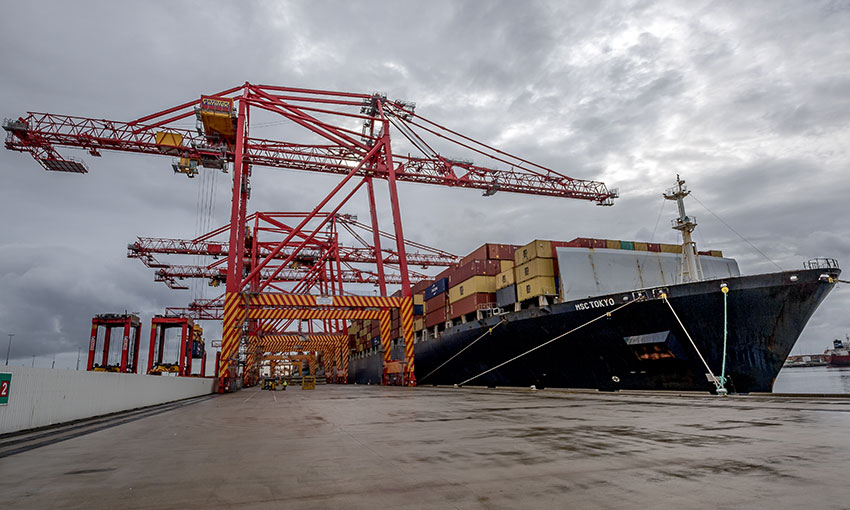MSC TOKYO became the ship with the deepest draught to visit Port Botany in February 2022.
The vessel has a draught of 15.1 metres when it entered the port.
MSC Tokyo broke a record set the previous October when MSC Asya visited the port with a draught of 14.8 metres.
When MSC Tokyo arrived, Patrick Terminals CEO Michael Jovicic, said, “Patrick Terminals was delighted to welcome the MSC Tokyo on the MSC Mediterranean Shipping Company Australia Express service from Europe onto Port Botany’s premium deepwater berth at our Patrick Sydney Terminal.
“The arrival of the MSC Tokyo showcases Patrick Terminals’ robust capability to handle big vessels utilising the largest cranes in Australia.”
And in March 2022, Le Havre became the heaviest containership to berth at Port Botany at 140,480 tonnes.
At the time NSW minister for transport David Elliott said an investment in under-keel clearance technology to support the pilotage of vessels safely in and out of the port was critical to the supply chain, the economy and the environment.
“The arrival of both these ships has been assisted by Dynamic Under Keel Clearance (DUKC) technology used by the port authority’s expert vessel traffic services team and marine pilots,” Mr Elliott said.
“It provides precision data in real time on the under-keel clearance required to berth the ships safely, factoring in complex information about the ship’s displacement, dynamic motion of the vessel and live weather conditions – all critical information utilised by the highly skilled marine teams.”
Port Authority of NSW CEO Philip Holliday said the benefits of investment in this technology were recognised by the industry with the port authority receiving a Highly Commended for Supply Chain Innovation and Technology at the recent DCN Australian Maritime & Shipping Industry awards in Sydney.
“This means more efficient shipping, allowing us to safely manage ships with deeper draughts, which means facilitating greater cargo capacity, without any need for significant infrastructure development and further minimising risks,” Mr Holliday said.

